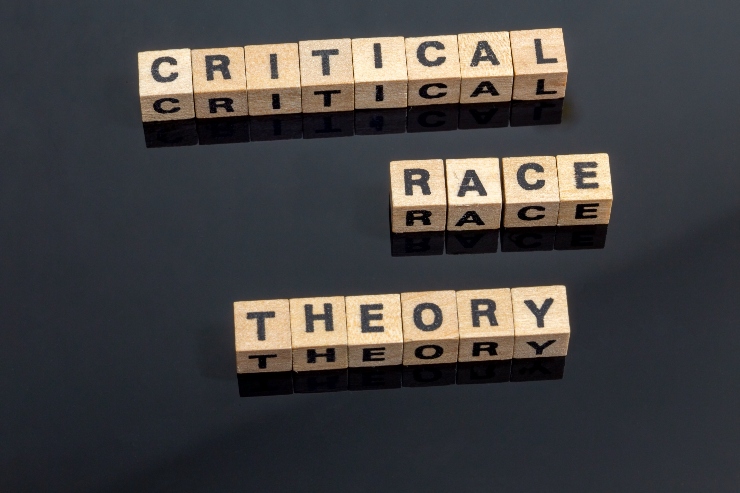As 2023 draws to a close, we picked seven articles in our ongoing series about the impacts of diversity, equity and inclusion on organisations. Mental and physical health, race, age, gender, sexual orientation are some of the topics discussed below.
Socially excluded groups can be as productive as anybody else and excluding them from the workplace may undermine firm-level productivity. Given that national innovation hinges upon the accumulation of better skills, Trung Vu finds empirical evidence that countries with stronger legal rights and protections for LGBTQ people are relatively more innovative.
Why we need to study the links between diversity and productivity
Very little is known about the effects of diversity on both individuals’ and firms’ productivity. Research is needed to explore this relationship in the various dimensions of diversity, such as race, gender, age and others. Giorgia Cecchinato writes about the main topics that are driving the discussions on diversity, inclusion and productivity.
Age diversity demands more than celebrating ‘Martha Stewart on the cover of Sports Illustrated’
At age 81, American TV personality Martha Stewart graced the cover of the Sports Illustrated magazine. As we live longer, these high-profile celebrity moments make us question our own aspirations regarding health, relationships and careers. Daniel Jolles and Teresa Almeida list ways in which leaders must focus their efforts to capitalise on the increased workplace age diversity that comes from these longer lives.
How to support employee productivity and inclusion in a fast-changing workplace
Many of the changes to the workplace over the last few years were unexpected, requiring strong leadership skills to navigate unknown territory. Based on previous interviews they have done with 100 employees across financial and professional services, Yolanda Blavo and Jasmine Virhia list five actions leaders can take to improve productivity and the inclusion of all employees.
How organisations can help their LGBTQI+ employees as they face divided experiences
LGBTQI+ people face divided experiences. They’re increasingly represented in media, and have more accessible information and wider access to legal marriage. At the same time, unprecedented criminalisation is excluding trans people from specific spaces and vital services. Jordana Moser, Jonathan E Booth and T Alexandra Beauregard describe the current state of play for LGBTQI+ inclusion and outline further steps that organisations can take to support their LGBTQI+ employees.
How to make the workplace inclusive of people with physical and mental health needs
Many people balance their working lives with a long-term physical and/or mental health condition. With the rise of remote and hybrid working, what does an inclusive workplace look like for them? Calum Carson writes that we must understand better the individual experiences of those facing health issues, not only to ensure that existing inequalities are not repeated as the world of work changes, but also to prevent new ones replacing them.
What critical race theory could mean for your organisation
Critical race theory (CRT) is seen by some as necessary for racial conciliation, while others fear it indoctrinates and divides society. Akwasi Opoku-Dakwa discusses how the core concepts of CRT – systemic racism, racial realism, intersectionality and interest convergence – can illuminate the minority experience for organisations that seek to be inclusive.












